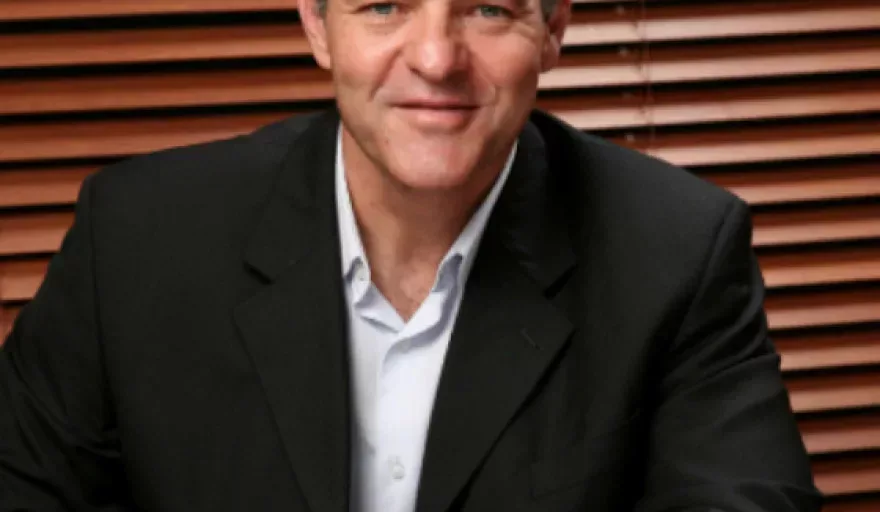BP Southern Africa (BPSA), one of the oldest companies operating in South Africa for over 90 years, has completed a major Broad Based Black Economic Empowerment (B-BBEE) transaction with two new BEE investors, as part of its continued commitment to meaningful transformation in the country.
BPSA’s commitment to transformation dates back several years. In 2001 it became one of the first companies in the petroleum sector in South Africa to implement a BEE transaction with the Mineworkers Investment Company (MIC) and WDB Investment Holdings/WDB Fuel (WDB).
BPSA’s previous ownership structure was advantageous to both BP and the former BEE shareholders. However, consistent with BEE legislation changes, BP has deepened its equity ownership structure to ensure a greater balance between economic and voting interest, which BP believes provides more sustainable transformation for the future.
BPSA has sold 25% + 1 share to two BEE partners, namely KAPELA and the BPSA Education Foundation, a Broad Based Black Economic Empowerment Trust.
The Kapela BEE consortium includes the Disability Empowerment Concerns Trust, which is a majority black broad based trust with over two million people with disabilities as beneficiaries (at least 85% are black and 50% are women), as well as a majority black owned and managed private equity firm. Kapela acquired a 20% +1 share and the BPSA Education Foundation acquired 5% of BPSA’s shares.
Mr Israel Skosana, Kapela Executive Chairman says: “We are excited to be a shareholder in BP South Africa. The acquisition of 20% + 1 share is a significant investment for us. We are looking forward to partnering with the BPSA Education Foundation as shareholders, other members of the board of directors and management of BP South Africa in creating value for all relevant stakeholders. Together we can continue to contribute towards the socio-economic transformation of our beloved country. Ms Fatima Abrahams and I will be on the Board of Directors of BPSA”.
The transaction was concluded after a competitive process where every bidder was treated in a fair and transparent manner. The partners (MIC and WDB) were invited to participate in this process and during this time elected to extract value from their existing investment, enabling BPSA’s new BEE structure.
Mary Bomela, Chief Executive Officer of the Mineworkers Investment Company (MIC), noted: “Our sale of equity in BPSA was motivated solely by value considerations. We have been invested in BPSA for over 10 years, and the relationship between BPSA and MIC has been mutually beneficial and remains affable. Our investment in BPSA has consistently performed to expectations. BPSA is a dynamic business with strong management and good future prospects. We wish the company and its
new partners well in its future endeavours”. Thandi Orleyn, BPSA Chairman, says: “BPSA has a measurable track record in Broad Based Black Economic Empowerment and the announcement shows our continued commitment to South Africa’s transformation agenda and progress made in deepening various parts of our transformation.”Through the BPSA Education Foundation, BPSA will contribute in meaningful and sustainable ways to enhance the standard of living and improve the well-being of previously disadvantaged, specifically black women and people with disabilities, through education and skills development. This aligns with BPSA’s existing Community, Social Investment (CSI) as well as Skills Development programme.
Within Skills Development BPSA has established a progressive partnership with Wits on a Targeted Talent Program (TTP) and is investing R105 million over five years with R15 million spent in 2014 alone to enrich the lives of just under 1,000 students. At its core, this enrichment program identifies talented pupils in underprivileged rural areas and guides them through specially developed engagements over a long term period (2 – 3 years) to prepare them for their final matric exams and for transition into the University environment.
The program has already produced some of South Africa’s top matriculants with 900 more pupils expected over the program’s 6 year run.






























